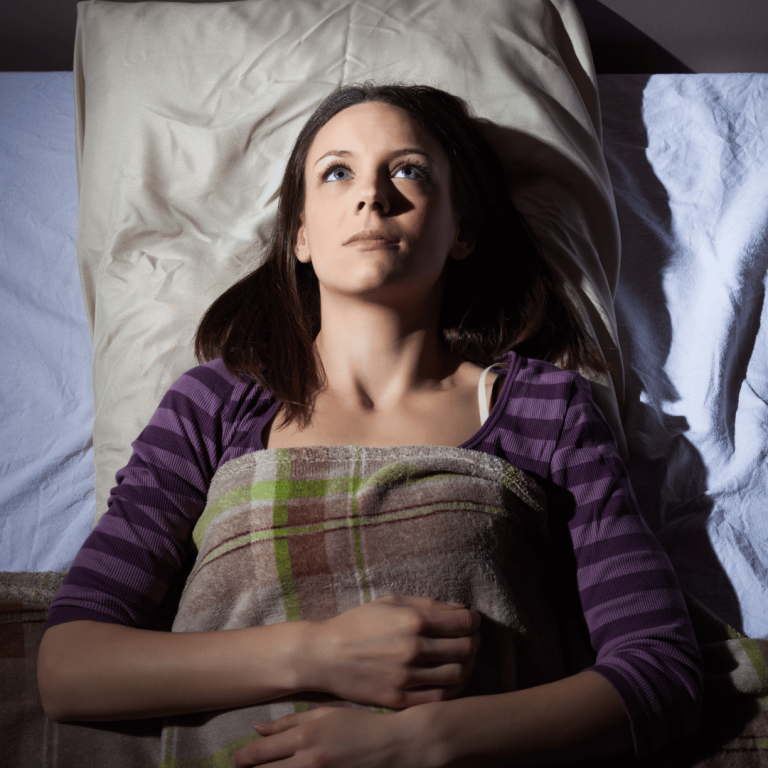
Magnesium for Menopause: Easing Insomnia, Depression, and Anxiety

Menopause is a significant phase in a woman’s life, marked by various physical and emotional changes. This transition is typically accompanied by insomnia, depression, and anxiety. In most cases, these issues arise because of hormonal fluctuations, specifically a decline in estrogen and progesterone levels.
Menopausal women benefit especially from magnesium because it balances their nervous system and hormones. It reduces insomnia, improves sleep quality, and considerably improves mood, easing depression and anxiety. The Oriel Menosea Magnesium For Menopause is all you need to handle this challenging phase. In this post, we will learn more about magnesium’s positive effects.
How Menopause Affects Mood and Sleep?
Menopause affects sleep and contributes to anxiety and depression primarily due to changes in the levels of estrogen and progesterone in the body. When their levels drop during menopause, women often experience physical and emotional disturbances that can sabotage their overall well-being.
During menopause, sleep disruptions are common due to lower estrogen levels that cause hot flashes and night sweats. These symptoms are influenced by melatonin production, which regulates sleep-wake cycles. Reduced estrogen levels might worsen anxiety and depression-induced insomnia, resulting in irritability, tension, and bad emotional health.
The hormonal changes also affect the brain’s release of serotonin, a neurotransmitter essential to mood regulation. The low levels of serotonin in the brain are associated with mood disorders such as depression. Since progesterone has calming and anti-anxiety properties, women are more likely to experience heightened anxiety during menopause when it declines.
Sleep deprivation and hormonal imbalances together can lead to cycles of emotional instability, where anxiety and depression become more prevalent for women during this phase.
Magnesium For Better Sleep and Mental Health During Menopause
As women transition through this phase, they often experience many changes in their bodies. Magnesium is a vital mineral that addresses these issues by promoting relaxation and supporting the body’s nervous system. It enhances sleep quality and mental health during menopause and helps women cope with insomnia, anxiety, and mood swings caused by hormonal fluctuations.
It reduces cortisol, activates the parasympathetic nervous system, and promotes the production of melatonin. These processes reduce stress levels and provide relaxation to the body. Increased magnesium levels in menopausal women can make it easier for them to fall asleep and stay asleep through the night. This significantly reduces the impact of insomnia commonly experienced by women during this stage.
Low levels of magnesium have been linked to increased anxiety, irritability, and depression. Magnesium supplements can help menopausal women stabilise their moods, reduce anxiety, and improve their mental well-being.
Sleep Better and Feel Better With Oriel Menosea Magnesium
Menopause can bring a host of challenging symptoms, including disrupted sleep, mood swings, anxiety, and even depression. If you’re looking for a natural solution to help manage these symptoms, Oriel Menosea Magnesium For Menopause is designed specifically for women going through this phase of life. It offers an effective way to improve sleep and mental health.
This supplement is tailored to address the specific needs of menopausal women. Unlike generic magnesium supplements, it is formulated with optimal magnesium levels and other essential ingredients to directly target menopause symptoms like insomnia, anxiety, depression, and mood disorders. With Oriel Menosea Magnesium, you can experience better sleep, improved mood, and overall mental well-being.
Frequently Asked Questions
1. Can magnesium help with other menopause-related issues?
While magnesium can improve sleep and mood, it can also significantly improve bone health and muscle function, which are important concerns during menopause.
2. Is it better to take magnesium in the morning or at night for menopause symptoms?
Magnesium can be taken at any time, but many women find it beneficial to take it in the evening as it promotes relaxation and helps them sleep better
3. What are the signs that magnesium supplementation is improving my menopausal symptoms?
Improved sleep quality, reduced anxiety, fewer mood swings, less fatigue, and better focus are all signs that magnesium supplementation is helping with menopausal symptoms.



